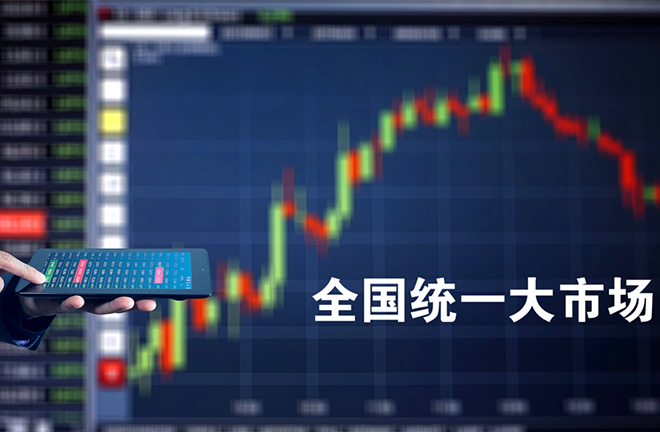Effectively leveraging China’s super-large market

A country’s super-large market offers many favorable conditions for its economic development. Photo: TUCHONG
A country’s super-large market offers many favorable conditions for its economic development. Effectively and sensibly leveraging this market will substantially contribute to the transformation and upgrading of the economy and enhance its international competitiveness. China’s super-large market boasts a complete range of industrial sectors, a solid industrial foundation, and irreplaceable industrial chains, which benefit businesses and industries by enhancing their capabilities and facilitating their expansion into international markets.
In terms of technological innovation, China’s super-large market enables the development of a complete industrial system, diverse application scenarios, and strong market demand, which help the country face the challenges of deglobalization and trade frictions. However, failure to properly harness the advantages of a super-large market will negatively impact domestic economic development. To make the most of these advantages, China must focus on two key areas.
Unleash potential of consumers
Any individual deeply involved in economic activities plays the dual role of both a consumer and a producer. Within a super-large market, the collective consumption capacity generated by people’s aspirations for a better life, as well as the creativity they exercise in production and daily life, should not be underestimated.
First, strong consumer protection in the process of building a unified national market is essential. Consumer protection should not rely solely on external supervision and regulation. The power of consumers themselves is of particular value in the internet era. Customer review platforms and product review videos serve as new tools for consumers to protect their legal rights and interests. Consumer evaluations of market entities’ behavior and products have given rise to a reputation mechanism that constitutes an integral part of market competition. This reputation mechanism affects the intangible assets of market entities and imposes constraints on them, pressuring and motivating them to improve product and service quality.
Second, in the process of local brand building and technological development, the role of the people must be emphasized. Amid the thriving digital economy, the people are not only consumers but also producers of data as well as key participants in product improvement and innovation. A super-large market offers a vast space for business competition, while also presenting market entities with the opportunity to engage deeply and broadly in economic activities. In this process, the government should encourage, support, and guide market entities to realize their innovative potential and participate in technological innovation practices, allowing domestic companies to accumulate technological capabilities and independent innovation capabilities through the domestic market.
Protect domestic market
China should place equal emphasis on both protecting and cultivating globally competitive Chinese companies and building a unified national market, while also safeguarding market property rights. The government should help businesses enhance their capacity for independent learning, manufacturing, and innovation to increase the global influence of Chinese brands. While a super-large market provides domestic companies with innovation opportunities and incentives, there is also a risk of foreign companies exploiting domestic market resources. Protecting the domestic market involves not only pursuing market expansion but also enhancing market strength. Accelerating the formation of industrial clusters by domestic companies can lower production costs, improve efficiency, and facilitate resources sharing, technological exchange, and market information integration.
The government should formulate and implement appropriate industrial policies to support the growth of domestic companies. For example, measures such as tax incentives and R&D subsidies can assist domestic companies in technological innovation. Reasonable market access thresholds should be established to ensure that the investments and operations of foreign companies align with China’s national interests and industrial development strategies. Stronger protection of intellectual property is critical for safeguarding the innovative achievements of Chinese companies, enhancing their competitive advantage, and maintaining the momentum of domestic innovation.
At the same time, all sectors of society should actively participate in international market competition and collaboration. The government should encourage domestic companies to participate in global competition while also learning from advanced foreign technology and management experience through technology transfer and joint ventures, thus fostering open innovation. This two-way opening-up strategy is conducive to optimizing China’s domestic industrial structure and improving innovation performance.
Zhang Haifeng (professor) and Huang Chen are from the School of Economics and Management at Guangxi Normal University. Zhou Jianbo is a professor from the School of Economics at Peking University.
Edited by WANG YOURAN
